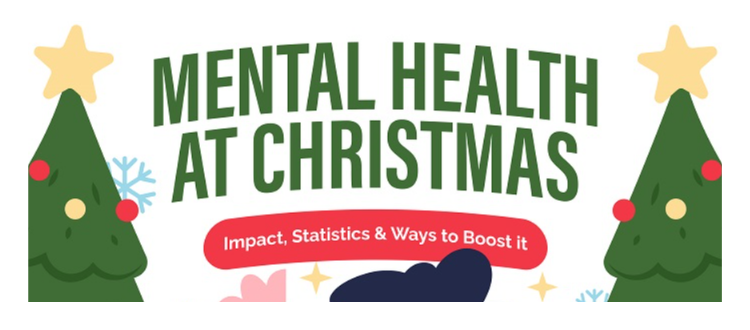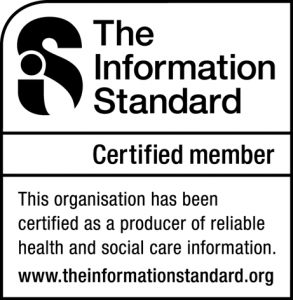Mental Health at Christmas: Some Tips for Coping
Mental Health at Christmas
A guest article by Rehab 4 Addiction
Why people suffer from mental health effects during Christmas
Christmas is a festive time, often filled with social events, family gatherings, and a host of other traditions and activities.
For some, however, this time of the year can be extremely challenging. For example, individuals who struggle with mental health issues may find this time of the year especially challenging.
These feelings are not specifically associated to one particular mental health issue or disorder but can affect people in numerous different ways.
For example, those with social anxiety may be severely impacted by the sudden increase in frequency of parties and celebrations, causing them to feel immensely overwhelmed or panicked.
Every individual will be affected differently, whether it’s the prospect of socialisation or the complete opposite – loneliness. Individuals who live alone are likely to experience feeling ‘left out’ as research has shown that living alone can reduce one’s feeling of community and social identity (1), even outside Christmas time.
This can lead to other health factors, not just mental health, and the potential risk of the much-debated idea of ‘Christmas depression’ (2).
Other factors such as planning and organization may also cause stress, especially damaging to those who may struggle with obsessive-compulsive disorder (OCD) and generalised anxiety disorder (GAD).
And, of course, Christmas is a peak time of year for excessive drinking. Alcohol it a depressant, but it is also something people often fall back on to soothe lift’s worries, especially at Christmas (3).
Ways to protect and improve your mental health during Christmas
Although it may not seem like the best opportunity or time to start working on your mental health, there are some top tips to keep in mind throughout the Christmas period.
Individuals can choose to take part in or choose as many of these that may be suitable and appropriate for them.
For example, one of the most common ways to seek support during Christmas is to talk to a friend or family member about the difficulties you are having.
This may not be suitable in every case but talking to someone about the problems that you are experiencing vocalises your thoughts and feelings, often helping the individual to see the issues from a different perspective.
In addition, this person will then also be able to support the individual if they notice that they are behaving differently or struggling.
With or without this additional support, individuals should also plan ahead if they know they will encounter potentially stressful or worrying situations.
Having an action plan is good in these cases, as it provides a reminder to the individual on how they should behave or react in specific situations if they are otherwise feeling lost or overwhelmed.
In any situation, the individual should always remember that it is okay to ask for help. Whether this is from a relative or a case of finding somewhere quiet and peaceful to gather their thoughts for a while.
Everyone experiences Christmas differently, so be aware of those around you in the festive period and take time for yourself.
To discover more about mental health at Christmas, the effects it may have, and further tips, check out the infographic below:

References
[1] Jamieson, L., & Simpson, R. (2013). Living alone: Globalization, identity and belonging. Springer.
[2] Hillard JR, Buckman J. (1982) Christmas Depression. JAMA. 248(23):3175–3176. doi:10.1001/jama.1982.03330230073040
[3] Alcohol rehab in Nottinghamshire. Describing why people self-medicate with alcohol and other substances.





